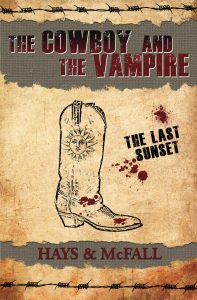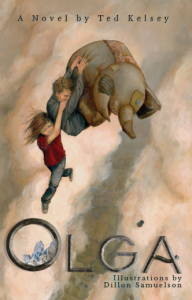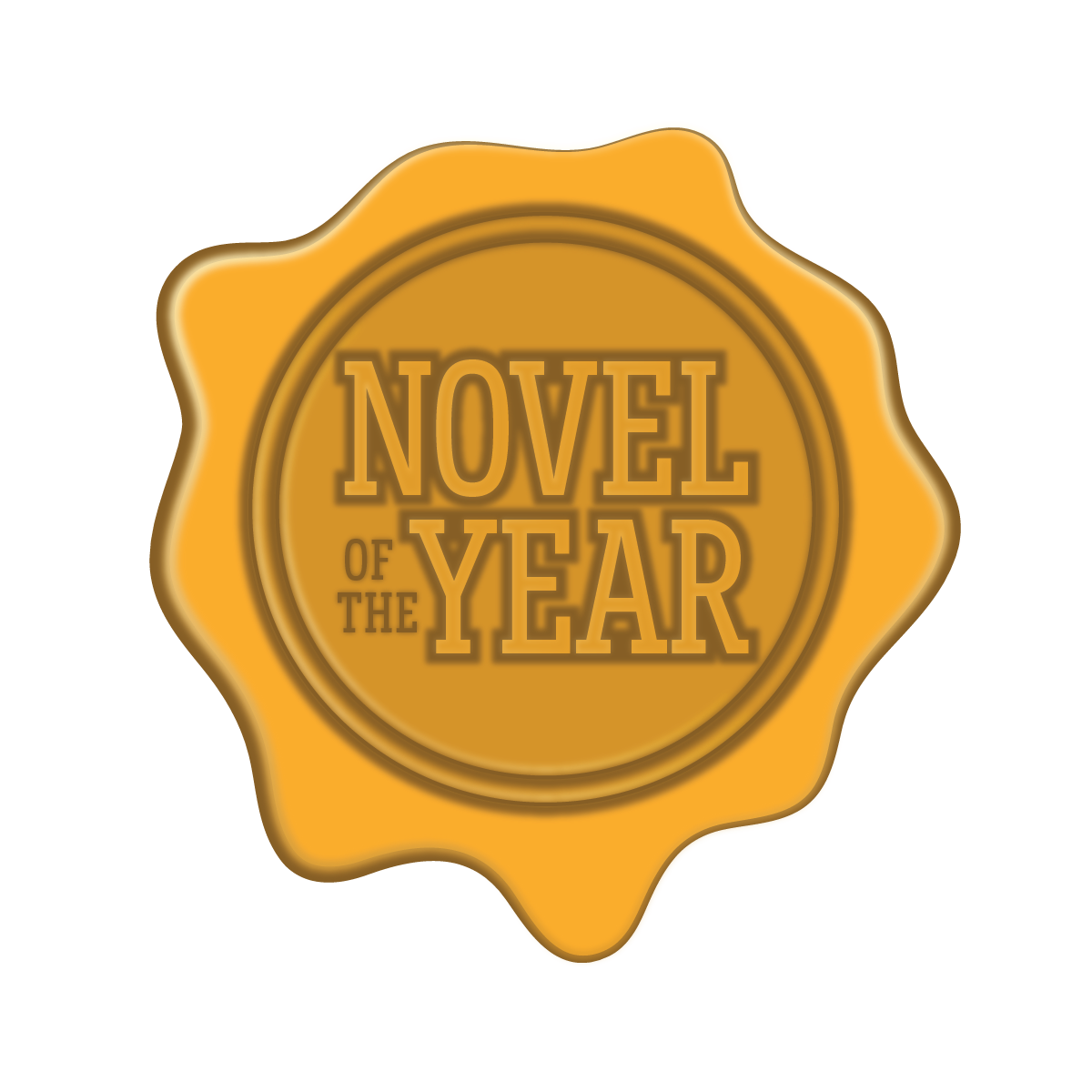The Rundown
The Recommendation
The Rating
The Links
The Reviewer
Steve Wetherell
Visit Steve Wetherell‘s website.I’m going to talk to you about keeping motivated in writing. I feel I am qualified to do this, as I have put off starting this article until just now, three days before my deadline. I am no stranger to procrastination, demotivation, temporization, or indeed any other kind of ation. Yes, especially that one.
So, what do I have to tell you that you don’t already know? Well, when it comes to motivation traps, I’m kind of your Sherpa guide. If Sherpa means a man who frequently lies down on the ground because he got tired looking for his car keys. It’s possible that Sherpa means something else. You look it up.
Anyway, if you’re feeling sluggish, like you just can’t pick up on your story or hit your word count, then here’s some pitfalls you’ll want to avoid. Think of me as a warning voice calling from the bottom of said pitfalls.
Losing Routine
Routine is incredibly important. Your brain is basically a lazy asshole, pre-wired to find the easy solution to everything. This is why it’s so hard to form good habits (hard work that benefits you in the long term) and so easy to form bad habits (short cuts that provide instant gratification.)
When you’re forming good habits, it takes a lot of work. Daily word counts, designated working hours, obligatory reading time—these are all great habits that will definitely make you a better writer over time, providing you stick to them.
And this is where improving as a writer becomes a little like being on a diet. When you throw out your planned meals because its international doughnut week, you think you’ll be okay. After all, you can just pick up the routine once you’ve eaten this life-sized statue of Scarlett Johansen you crafted entirely from doughnuts, right? No. Once you break routine, getting back into it is tough. Your lazy brain has already been shown how beautiful things could be and will protest any attempt at return to the status quo.
If you find yourself in the Losing Routine pitfall, your only option is to power through, actively working against the one organ in your body you firmly believed was looking out for your best interests. I don’t often advise people to tell their brain to shut the hell up, but in this instance you may have to.
The High Five Trap
Everything in life is about risk versus reward. By becoming a writer you risk your time, sanity and approval of your parents and pit it against the potential rewards of income, artistic fulfilment and approval from strangers on Facebook. I want to talk about that last one.
Maybe you’re one of those writers who gives updates to your readers from your WIP. That’s great. I do that myself. It’s a good way to keep your audience interested and also put a little pressure on yourself to deliver, right? Well, unfortunately crabby old mister Brain has other ideas. Once again you’ve tricked yourself—you’ve given yourself a little treat, a little dopamine burst of approval. You’ve sated some of your appetite, and just like sex, hunger and watching terrible television programming, once you sate the appetite, the drive behind the appetite is temporarily diminished. Again, this is biology- that facebook feedback is filed in your soul under ‘win’, and your body thinks it can relax and light a victory cigar. It can’t. The war is most certainly not over.
If you’re a writer on social media you have to be aware of this and be ready for it. Don’t get too distracted by the little victories that they distract you from the big picture. As a comedy writer, every time I make a joke on Facebook that people like and share and reward me with little smiley face, icons for, I force myself to recognize that I have just taken a little taste of the high that makes me want to write comedy in the first place. Harmless in small doses, sure, but I don’t want to get dependent on it. I only have a finite amount of energy, and I need to spend it getting the sweet, sweet heroin, not the hollow imposter methadone.
…Kind of went off track there. Is anybody else really looking forward to the weekend?
The Shiny Thing Trap
Writers spend a lot of time in awkward silence with their muse, like a blind date between Ron Jeremy and a nun. On the occasions where we are finally blessed with a great idea, we tend to be too thankful to question it. And that’s fine, sometimes all you need is one great idea. Other times, though, you’ll suddenly have another, completely different great idea, and that’s fine too, right?
It can be. Maybe you can sensibly and calmly put the idea to the side while you finish your WIP. Or maybe if you’re taking a little break you can outline it or write down a few ideas. What you don’t want to do is fall into the shiny thing trap, where you spend all your time tending to lots of little great ideas while you leave a novel half finished.
Again, if you’ve got the kind of manic energy or substance abuse problem that allows you to work on all your great ideas all the time, then great. But most of us have finite time and resource to chip away at our masterpieces, and restraint and discipline is a must if you want to deliver results.
Keep your little ideas on a hotplate, by all means, but don’t you dare neglect the delicious meatloaf you have in the oven right now.
…Man, I’m hungry. Is anyone else hungry? I’m hungry.
The Wandering Mind
A lot of creative types have wandering minds by necessity. After all, if we weren’t drawing concept art for Unicorn Force Five during math, we might be a successful accountant by now. But then who would draw those cybernetic unicorn warriors?
Unfortunately, a wandering mind can also wander away from where you originally wanted it to wander to, which is a problem when the internet and Netflix are only a mouse click away. You suddenly find your fantasy world competing for attention with everyone else’s fantasy world.
There’s no question we live in the most casually distracting times there ever were, and I’m afraid to say there’s no easy solution, only self-discipline. Set yourself some rules- the wi-fi router is turned off until you reach x amount of words. The door stays closed until you finish the paragraph. The spouse remains ignored until you just finish this chapter (or your spouse leaves you for someone on a more accessible plane of existence, whichever comes first.)
It’s tough, because most of us write on our down time, rather than as a full time job. But by properly annexing your writing time from your leisure time, you’ll not only find yourself a more effective writer, but you’ll also be free to properly appreciate your leisure time.
Which is why I’m writing this at work. Shhhh.









